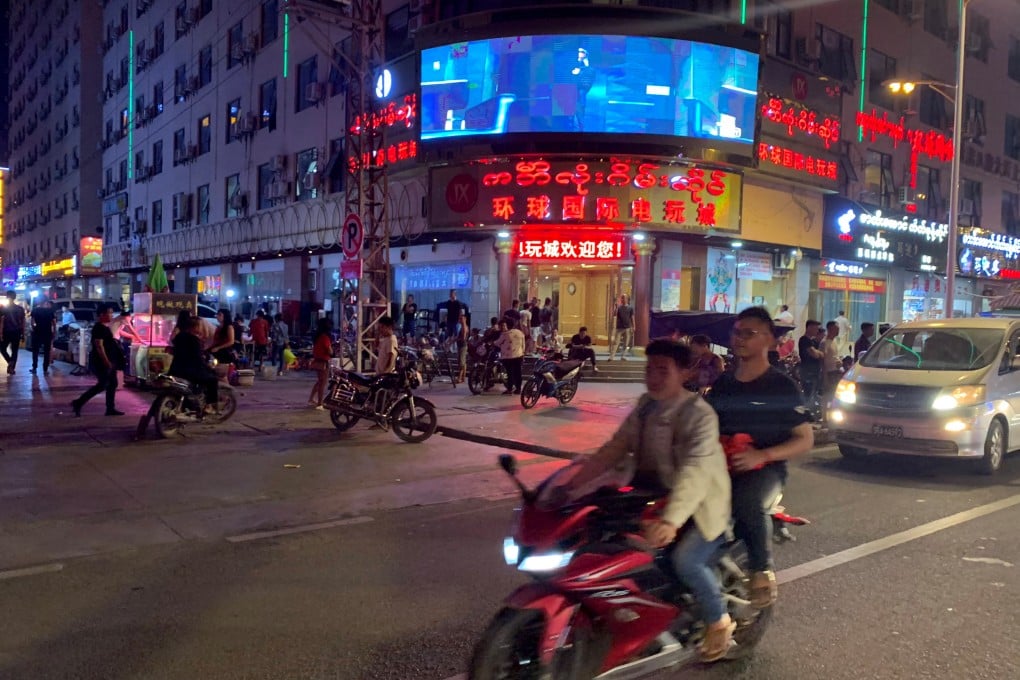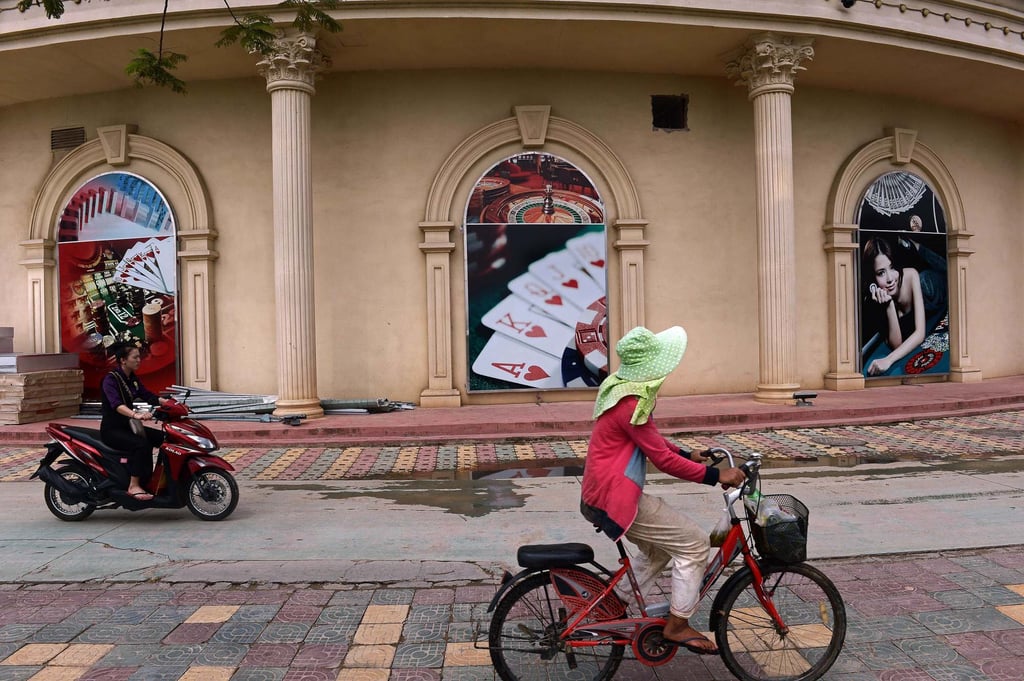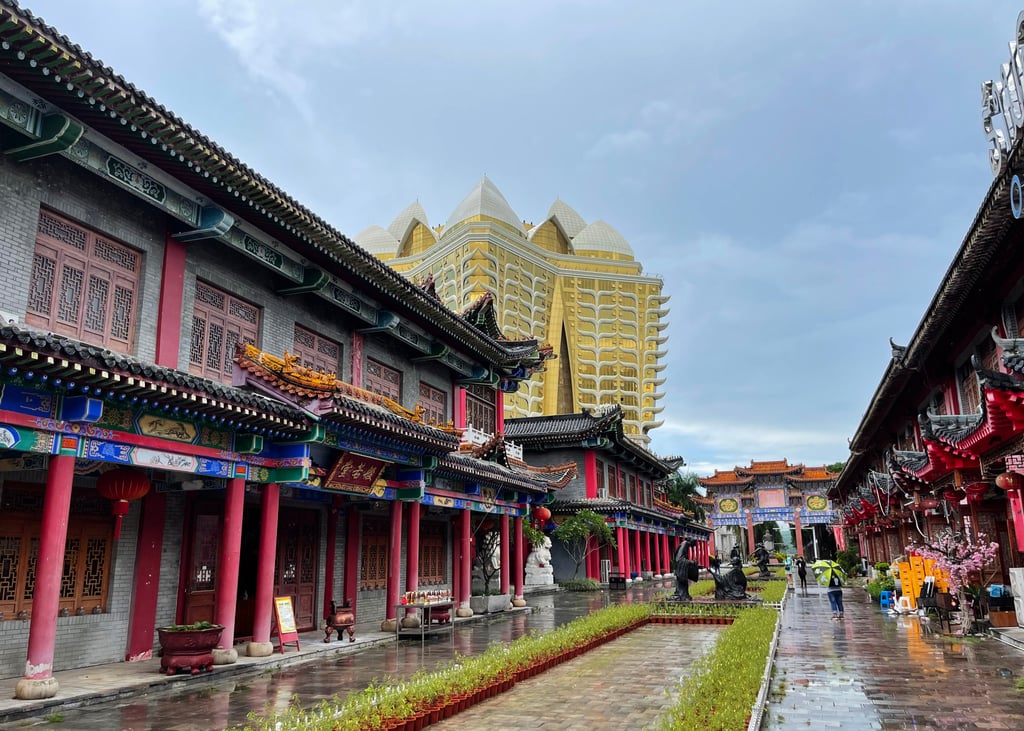Advertisement
Inside Southeast Asia’s Casinoland: the ‘underground bank’ at the centre of transnational crime
- Criminal networks in the region see casinos as the new banks, allowing them to launder money on a vast scale away from scrutiny and law enforcement
- Despite major crackdowns, a UN report says money-laundering networks are still stitched throughout Southeast Asia and are now much harder to trace
Reading Time:5 minutes
Why you can trust SCMP

At any moment in the border towns of Myanmar, Cambodia and Laos, a bet is being laid in person, online or over the phone. Win or lose, it’s odds-on that someone at the table is washing dirty money, United Nations security experts say.
Advertisement
And in Asia’s thriving underground economy, there are billions of dollars needing to be cleaned, from the Mekong’s drug gangs, human trafficking networks to the world-dominating cyber scams. All of those create pools of illegally juiced profits which need to be cleaned, moved or repurposed into the real economy, often through cryptocurrency or property.
To the criminal networks, the region’s casinos are the new banks, allowing them to launder money on a vast scale away from scrutiny and with little likelihood of law enforcement catching up with them, according to a report released this week by the UN Office on Drugs and Crime (UNODC), which has carried out extensive research on the issue.

Organised crime has created a “parallel banking system by leveraging new technologies and the proliferation of loosely or entirely unregulated online casinos together with crypto,” said Benedikt Hofmann, deputy regional director of the UNODC. “And governments have struggled to keep up.”
China, whose nationals use the casinos in lawless areas of bordering nations, has cracked down on the big money junket operators – most spectacularly jailing Macau gambling kingpin Alvin Chau and associates for a reported HK$824 billion (US$105 billion) in illegal bets through Suncity.
But the UN says money-laundering networks are still stitched throughout Southeast Asia and now much harder to trace with the widespread use of cryptocurrencies, in particular USDT, or Tether.
Advertisement
“Most countries in the region pay virtually no attention to casino junket operators and other VIP tour companies,” said the report, titled “Casinos, Money Laundering, Underground Banking and Transnational Organized Crime in East and Southeast Asia: A Hidden and Accelerated Threat”.


Advertisement